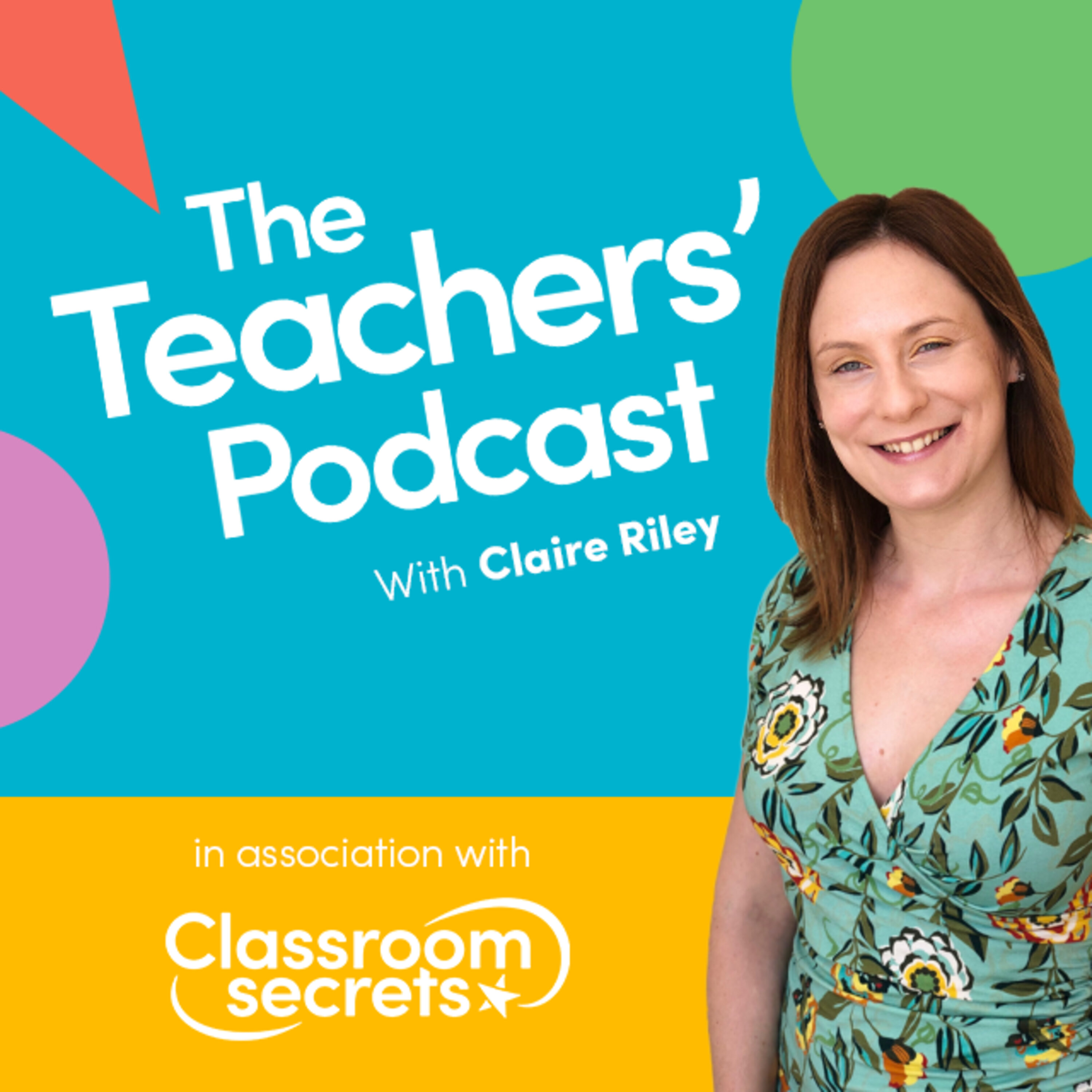Andrew Whitehouse (Neurological diversity specialist): Recognising and supporting differences
Description
EPISODE NOTES
In this episode, Claire talks with Andrew Whitehouse: a specialist and consultant for neurological diversities who provides training and support for professionals, parents and young people.
During his childhood, Andrew was viewed as ‘odd’, ‘eccentric’ and ‘funny’. Despite his outer confidence, he had a feeling of being inferior to his peers and his goal, he says, was ‘to be like everyone else’.
Andrew was in his early fifties before he was diagnosed with Attention Deficit Hyperactivity Disorder (ADHD). Prior to that, he had already developed an interest in what he calls ‘neurological diversities’ and was leading training on this in schools. It was a chance encounter with another consultant, who remarked how great it was to see a person with ADHD delivering the training, that led to Andrew seeking his own diagnosis.
Andrew likens being diagnosed to holding his children for the first time or graduating from university saying it was ‘one of those pivotal, incredible moments’. He remembers feeling how, all of a sudden, everything in his life up to that point made sense.
After initially feeling as though he would need to keep his ADHD a secret, Andrew states that, for him, it is not a disability but the driving force behind the work that he does. This year, due to the restrictions imposed by Coronavirus, Andrew has created a wide range of training workshops that are available online (at https://www.patreon.com/user?u=44843038) to ensure professionals can still access the content that he is so passionate about sharing.
KEY TAKEAWAYS
Diversity, not disorder.
Andrew uses the term ‘neurological diversity’. He recognises that people with ADHD, as well as autism and dyslexia, are far from being ‘disordered’. People with neurological diversities may be different, and not ‘neuro-typical’, but they play a crucial part in our communities. Andrew discusses that people with autism and dyslexia can make the most incredible architects and fantastic business people, for example. For them, this is not a disorder nor a disability.
Do more of what works and less of what doesn’t.
Andrew’s advice for teachers involves finding out what works for your children. Spend time getting to know their special interests to make something work. He says, when working in schools, that staff often remark ‘We’ve tried everything’. His role involves supporting teachers to realise that there will be something. There will be something that will act as a way in.
Break up learning into smaller sections of time.
Our attention span is our age plus one minute, up to the age of 16 years. Andrew discusses that, for any human being, the maximum attention span is 17 minutes. For someone with ADHD, that reduces by a third. He suggests if an hour’s lesson, for example, is split into six ten-minute activities, then the engagement of all children in the class will improve.
Andrew remarks that, “the best lessons I see in schools, that include everybody and not just the ADHD people, are the ones where they break it up. Meaningful activities that you can integrate in your planning.”
BEST MOMENTS
“[Being diagnosed as an adult was] just the most wonderful release and, instead of feeling like a crazy person, I felt like a normal person for the first time ever. I wasn’t a crazy person; I had this diversity and my goodness I was going to use it.”
“I look at what people are doing and I say, ‘We’ll do more of what works and less of what doesn’t’. If you have a child that can’t concentrate for more than 5 or 10 minutes, don’t try and teach them for more than 5 or 10 minutes. They’re not being defiant; they can’t do it. If you have a child that needs to play with something or wobble their feet, buy a wobble board or give them something to play with because that’s what they need –
More Episodes
This week I chat with Jane James, the founder of Little Voices, about mental health, children’s activities and performing arts.
In this episode, Jane shares:
Why she is so passionate about performing arts being taught in schools.
The benefits and skills children will get from learning performing...
Published 05/03/22
Published 05/03/22
In this episode, I talk with Alice Westbury about bringing coaching tools and strategies into the classroom. Alice is an education coach who works primarily with young people but a lot of what she shares in this episode is so valuable to those who teach in primary settings.
In this episode,...
Published 04/26/22


